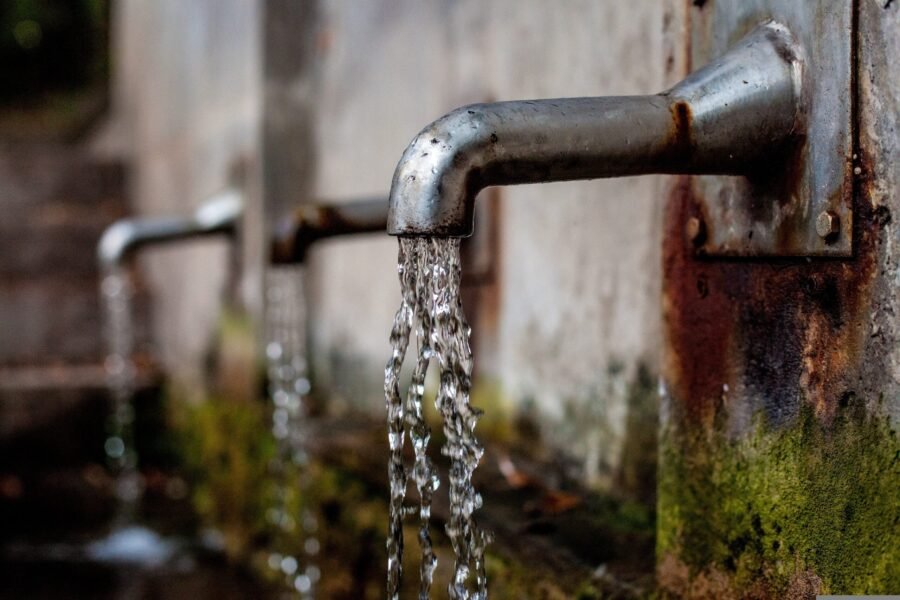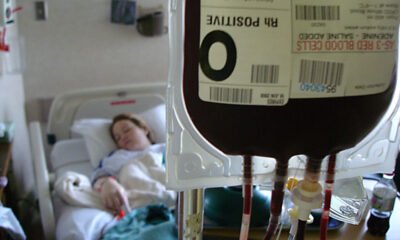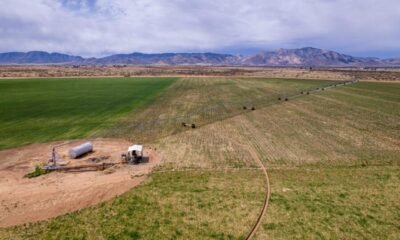adeq
Officials Anticipate Daily Supply of 100 Million Gallons from Cutting-Edge Water Purification Plants

Arizona has officially launched advanced water purification initiatives, paving the way to convert wastewater into drinkable water. This change follows a legislative directive and a comprehensive stakeholder process.
With new permit requirements established, the Arizona Department of Environmental Quality (ADEQ) and municipal utilities aim to enhance drought resilience, water quality, and security through potable reuse.
“In ten years, I believe we could see over 100 million gallons reused daily,” said Randall Matas, deputy director for ADEQ’s water quality division. He predicts this development could be transformative for long-term water stability.
Arizona’s journey towards advanced water purification began in 2018, allowing direct potable reuse through regulatory changes. This also led to a demonstration permit for Scottsdale’s Advanced Water Treatment Facility.
The 2022 Legislature mandated ADEQ to establish rules and a permitting process for direct potable reuse, which included creating a technical advisory group comprising utilities, academics, and the public.
The new code sets forth a permitting process that ensures applicants demonstrate the technical, managerial, and financial capacity to manage an advanced purification project.
Applicants must meet robust quality standards, including monitoring for pathogens and contaminants, adhering to levels established by the federal Safe Drinking Water Act.
“We have continuous monitoring throughout the purification process. Each step ensures the water meets safety standards,” Matas explained.
On March 4, the proposed rules were approved by the Governor’s Regulatory Review Council, subsequently receiving the secretary of state’s endorsement.
While the permit application process is extensive, efforts are already progressing in Scottsdale and Phoenix. Nazario Prieto, assistant water services director in Phoenix, noted the city’s proactive steps toward developing an Advanced Water Purification facility at the previously closed Cave Creek Water Reclamation Plant.
Construction began last year as the regulations were being developed. “We’re maximizing existing infrastructure while anticipating upcoming regulations,” Prieto stated.
Phoenix also plans to construct another facility north of the Central Arizona Project, with plans for a significantly larger one near the 91st Avenue Wastewater Treatment Plant expected to begin within five years.
The rulemaking process requires water provider agencies to communicate effectively with the public to address concerns and build confidence in advanced purification methods.
ADEQ’s surveys from 2023 and 2024 revealed that approximately 75% of respondents would consider drinking water from advanced purification systems, though some reservations remain.
Prieto anticipates the Cave Creek facility could produce potable water by 2027, beginning with a pilot program that sends purified water to recharge basins.
“We want to engage the community. Tours will help inform the public about our processes and the safety of the water,” Prieto added.
Following the pilot, Phoenix will seek full ADEQ permits to integrate the purified water into the local drinking supply.
“This initiative will secure a sustainable future for Phoenix,” Prieto noted.
In Scottsdale, officials are updating purification facilities to comply with new standards. Water policy manager Gretchen Baumgardner emphasized the need for continued investment in water innovation.
“As a desert city, we must adapt our approaches for future sustainability. Infrastructure investment is crucial,” Baumgardner stated.


















